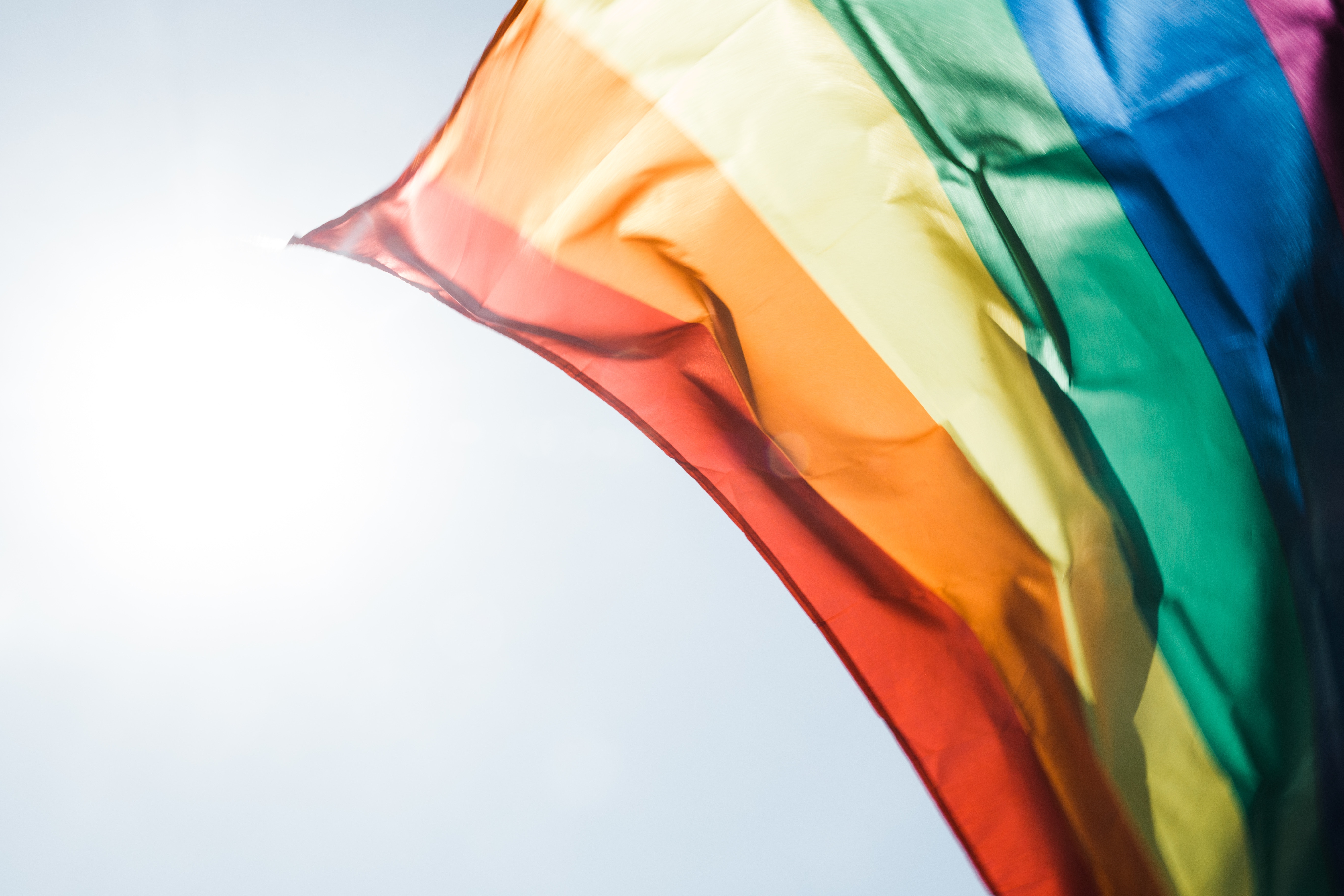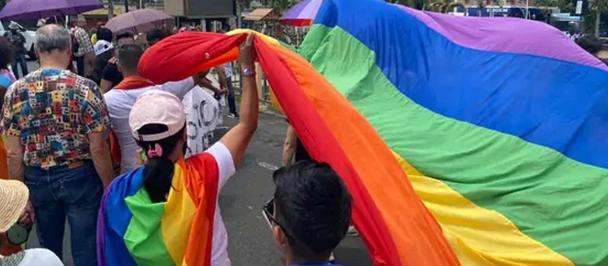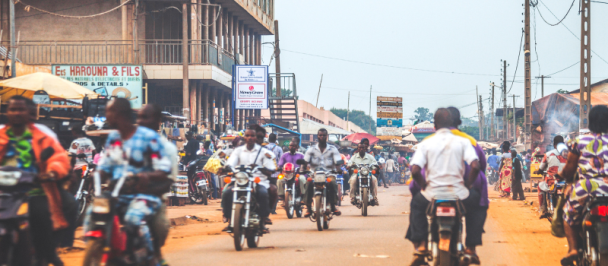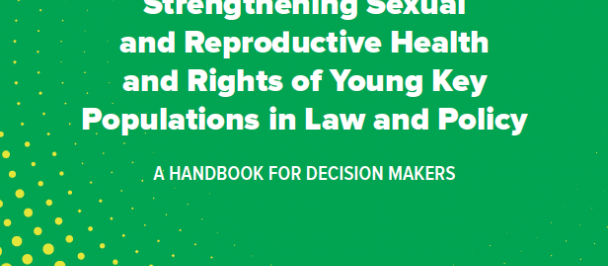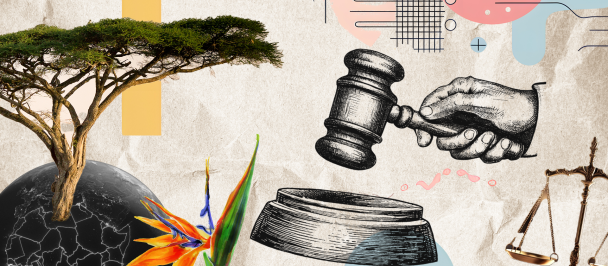Photo: Peter Hershey on Unsplash
The Africa Regional Grant on HIV – Removing Legal Barriers and its partners the United Nations Development Programme (UNDP), the AIDS and Rights Alliance for Southern Africa (ARASA), KELIN, and the Southern Africa Litigation Centre (SALC) welcome the groundbreaking judgment issued by the Botswana High Court on 11 June 2019 decriminalizing same-sex sexual conduct between consenting adults in LM v The Attorney General.
In a unanimous decision, Justices A.B. Tafa, M. Leburu and J. Dube found that sections 164(a), 164(c), 165 and 167 of the Botswana Penal Code violated the constitutional rights of lesbian, gay, bisexual and transgender (LGBT) people to dignity, liberty, privacy and equality. We congratulate LGBTIQ activists in Botswana for their hard work in securing this monumental victory.
The judgment highlights the importance of documenting the impact of laws which criminalize same-sex relationships. The Grant is proud to have supported some of the research that formed the basis of the evidence presented by the amicus curiae, Lesbians, Gays and Bisexuals of Botswana (LEGABIBO). Grant partners further provided legal and advocacy support to LEGABIBO.
“The Legal Environment Assessment (LEA) has highlighted the impact of these laws on access to health services, and we are relieved that this legal barrier to access services has now been dealt with,” said Amitrajit Saha, the Team Leader of UNDP’s HIV, Health and Development Team for Africa. “The judgment along with the research and the LEA supported under this Grant, will hopefully contribute to lasting policy changes to protect the rights of key populations.”
"The Court relied on the evidence presented by LEGABIBO to find that there was no reasonable basis for maintaining these offences: “The said criminalization also has negative health effects on the LGBT community in that the impugned provisions, which perpetuate stigma and opprobrium, dissuade the LGBT community from accessing health facilities, and that even when they attend and visit health facilities, they are shunned and/or attended to with contempt and disdain; and thus making it hard from them to access vital messages about safe sexual conduct, essential in the age of HIV,” read the judgment.
"The success of this case is a demonstration that funding human rights work results in far-reaching impact on removing legal barriers that hinder people to access health services," said Michaela Clayton, Director of ARASA. "Funders in the health sector should continue supporting grassroots, national and regional organizations work so that successes such as the Botswana victory can be emulated elsewhere and lead to creating on enabling legal environment for better health outcomes."
The judgment, in its thorough analysis of the constitutional rights at stake, discarded any arguments seeking to justify rights violations based on public opinion, public morality, public interest, or culture. We are encouraged by the Botswana’s High Court’s ruling, which showed careful and compassionate constitutional analysis, and judicial independence. The ruling took note of similar decisions to decriminalize similar offences by the South African and Indian courts, and in turn will provide important guidance to other courts in the region.
The Africa Regional Grant on HIV – Removing Legal Barriers is a grant funded by the Global Fund that addresses human rights barriers faced by vulnerable communities in Africa and facilitates access to lifesaving health care. UNDP is the Principal Recipient of the grant, with ARASA, KELIN and SALC are all sub-recipients. More information is available here.

 Locations
Locations